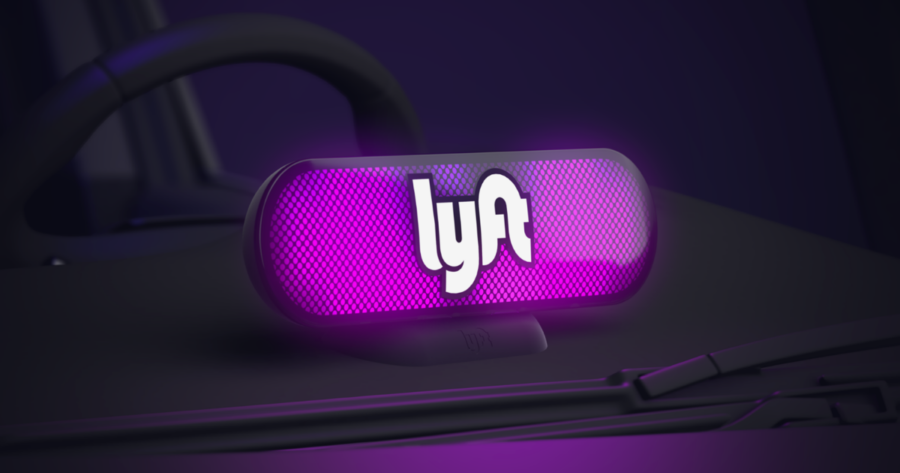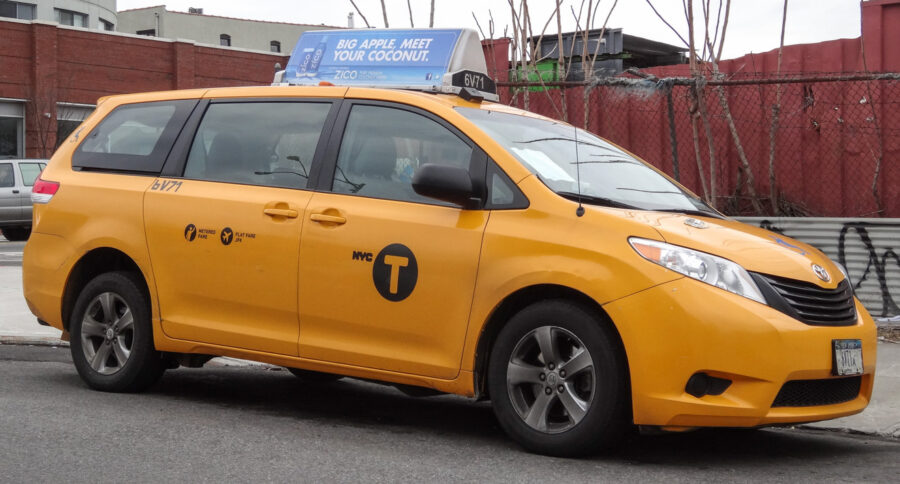Uber And Lyft Battling California, Get In A Cubicle Or Starve Freelancers!
When push comes to shove, the state of California is all in with both. That's why on Friday August 21, 2020, both ride-sharing companies Lyft and Uber will be closing their California operations, abandoning one of the largest markets in the world.
This article is more than 2 years old

UPDATE: The State of California has blinked. At the eleventh hour a California appeals court issued an extension granting both Lyft and Uber more time to comply. The two companies will continue operating in California for now, but no one is entirely sure for how long. Our original story follows…
When push comes to shove, the state of California is all in with both. That’s why on Friday August 21, 2020, both ride-sharing companies Lyft and Uber were to be ordered to close their California operations, abandoning one of the largest markets in the world.
Caught directly in the crosshairs will be the nearly 220,000 drivers of which Uber employs 140,000 and Lyft 80,000. This will be nearly a quarter of a million workers without the ability to earn a living. In California. During a pandemic. With an unemployment system on life support. Why is this happening? It seems to be what the state of California wants.
Maybe there were good intentions. Sometimes, though, good intentions end up with bad results. Those possible good intentions were wrapped up in California Bill AB5 when it was signed into law last September with the intention of turning “gig workers” into actual employees.
The bill was aimed at bringing important benefits, such as unemployment insurance, paid parental leave, overtime pay, health care subsidies, paid rest breaks, workers’ compensation, along with a guaranteed $12 hourly minimum wage (which goes up as the minimum wage goes up). No longer could people classify themselves as independent contractors, they would be classified employees, allowing them to receive those basic worker labor rights. What’s wrong with that? I’m about to tell you.
HOW AB5 RUINED THE LIVES OF CALIFORNIANS

January 2020 is when AB5 went into effect and it was felt immediately. Those of us who loved the freedom of freelancing was now handcuffed. As a freelance writer in California under this new law, I personally was limited to writing 35 articles per year.
Right off the top, I lost six clients and never to get them back or replaced them. Some said they would try to continue to let me write for them, but 35 articles equate to about a months’ worth of work, if that. Those companies were not in a position to hire me on as a full time employee, so the state of California forced them to fire me.
The problem was (and still is) that there isn’t anywhere else I and other freelancers can go. Businesses are now unable to hire freelance writers in California. The state simply won’t let them. In fact, most potential places for freelance writers to call home won’t even look at you if you reside in California. They simply don’t want to deal with the headache and overwhelming expense. It’s basically impossible for those businesses to work with me, even though they want to.
Other states are now planning to do the same. An identical bill is now in committee in Washington State, for example.
HOW CALIFORNIA DROVE OUT UBER AND LYFT

Make no mistake, California lawmakers had their sights set on regulating the ride-sharing industry from the beginning. Ridesharing is a business model they refused to wrap their minds around. So rather than embracing a new frontier the state has decided to bring independent contractors to their knees.
Either these lawmakers didn’t have the foresight to realize the unintended consequences their AB5 law would have or the just didn’t care. Foundation for Economic Education’s Antony Davies and James R. Harrigan spoke about those consequences saying: “Lawmakers should be keenly aware that every human action has both intended and unintended consequences. Human beings react to every rule, regulation, and order governments impose, and their reactions result in outcomes that can be quite different than the outcomes lawmakers intended. So while there is a place for legislation, that place should be one defined by both great caution and tremendous humility. Sadly, these are character traits not often found in those who become legislators.”
Uber and Lyft have been fighting this battle since AB5 was proposed. Both companies have been in and out of court in an attempt to keep their workers employed. This all came to an end on August 10, 2020, when a California judge ruled that both companies must convert their California drivers from independent contractors to employees with all the previously mentioned benefits by August 20.
It was Superior Court Judge Ethan Schulman who agreed with California Attorney General Xavier Becerra in that the two ride-sharing companies were violating CA’s AB5, but allowed them the extra 10 days so the parties could appeal, which they did. Just don’t look for it to go Uber and Lyft’s way as Schulman noted, via Bloomberg, that keeping drivers classified as independent contractors “flies in the face of economic reality and common sense.” He also pointed out that their “insistence that their businesses are ‘multi-sided platforms’ rather than transportation companies is flatly inconsistent with the statutory provisions that govern their businesses as transportation network companies.”
Now Californians will be forced to ride around in this…

Instead of this…

HOPE FOR THE FUTURE
Could Uber and Lyft’s threat to shutter its California doors just be grandstanding? Will they actually do it? Well, back in 2016 they left the city of Austin because Austin wouldn’t allow Uber or Lyft to conduct their own background checks on their potential drivers. Austin eventually caved and a year later both services were back and ridesharing. Of course, this was not on the scale as to what California is doing, but it does go to show that the ride-sharing companies have left in the past. The stakes here are so much higher though.
California Proposition 22 will be on the ballot in November. A “yes” supports the initiative allowing rideshare and delivery truck drivers as independent contractors, allowing the app-based drivers and companies to establish their own labor and wage policies. A “no” would force them to comply with AB5. Unfortunately for the many others affected by AB5, Prop 22 would only apply to drivers. Those of us in the freelance position have been fighting a separate battle, one that has been taking its toll on many who no longer have income or jobs.
WORKERS HAVE LOST THEIR FREEDOM

Freelance workers, “gig workers”, independent contractors, go into their chosen line of business understanding what it’s all about. They chose this for the freedom it allows, not wanting to be held under the strict confines of an 8 to 5. Some have families they need to tend to and have to pick and choose when they can work. Some have other life choices that make freelancing the perfect answer.
The bottom line is choice. A person should be able to choose how they wish to make their living. If all facts are put in front of them and this is the avenue they take, why should they be stopped? In California the choice to chart your own course has now been taken away. Get in a cubicle or starve, Californians.











